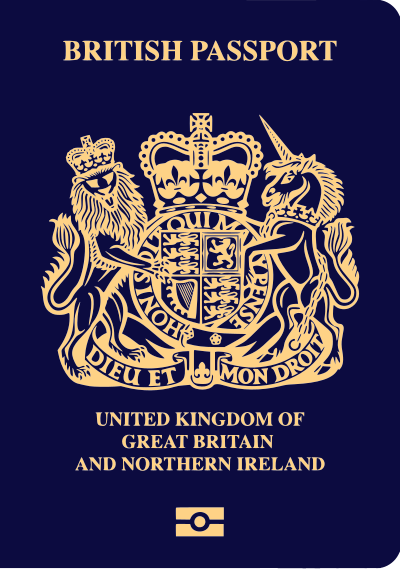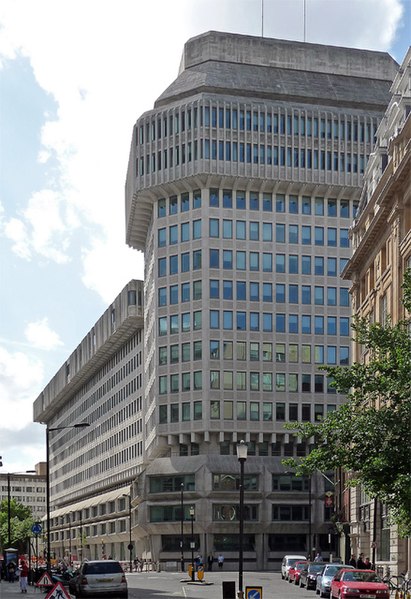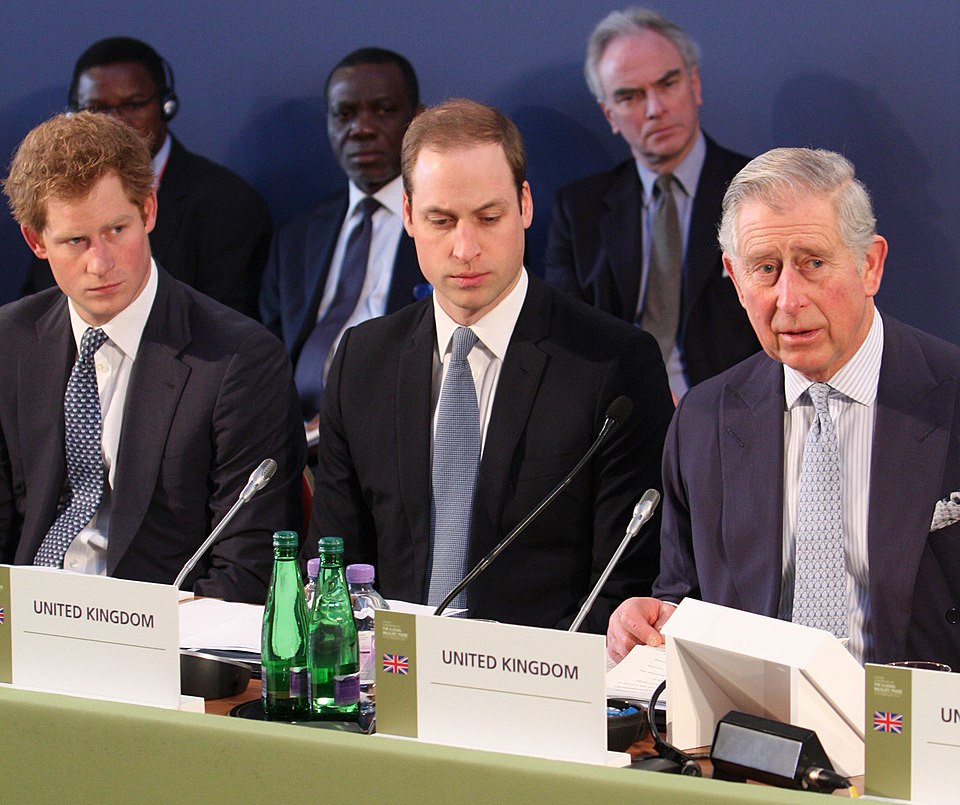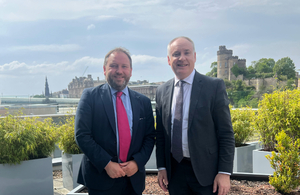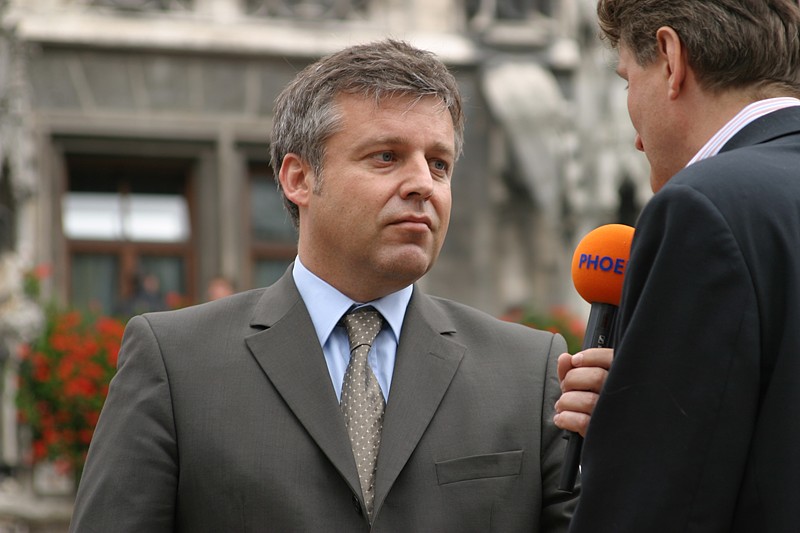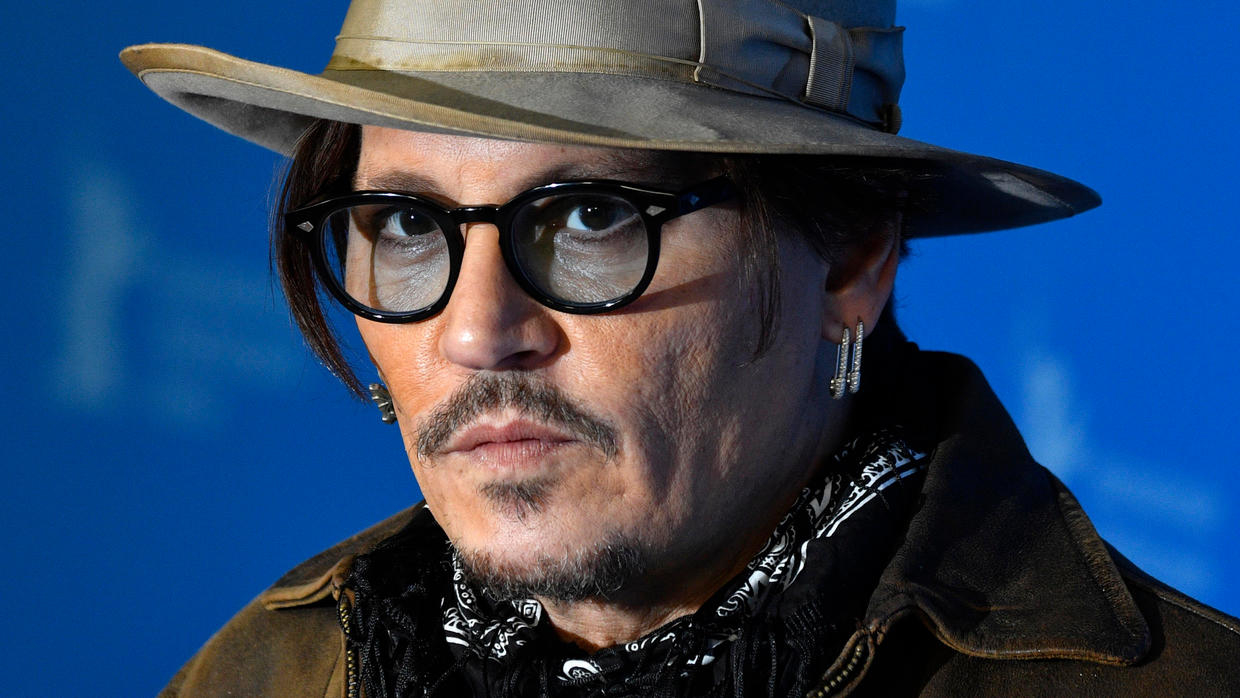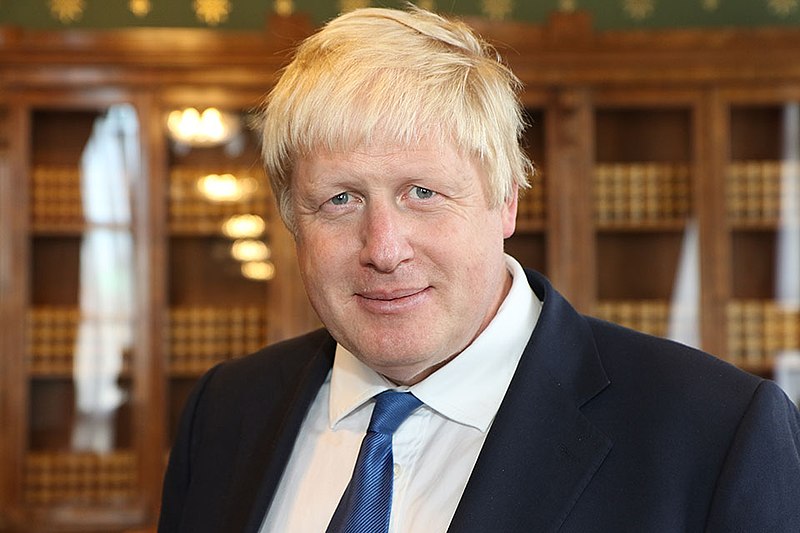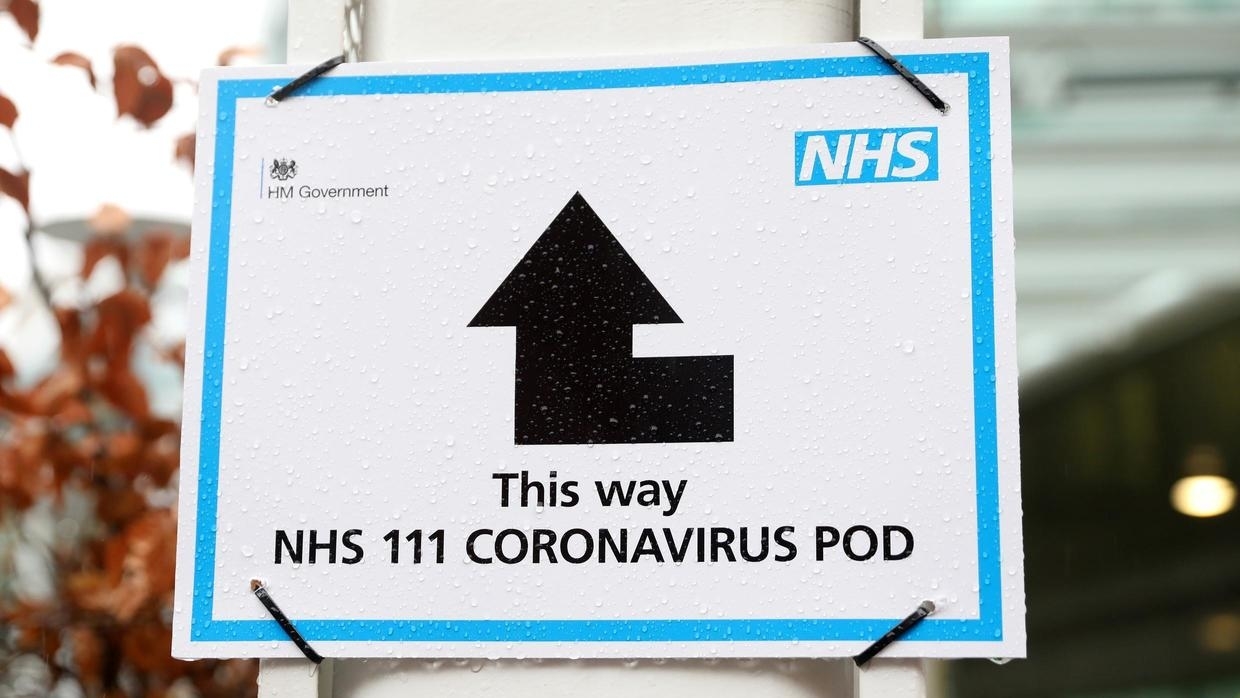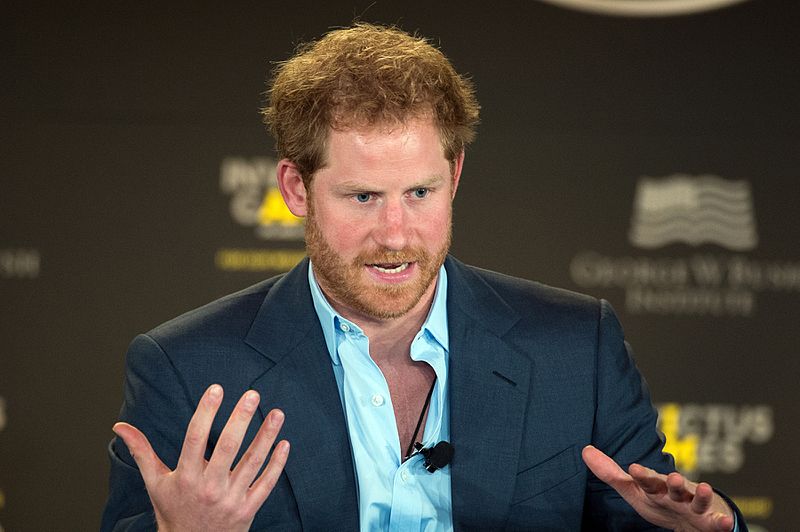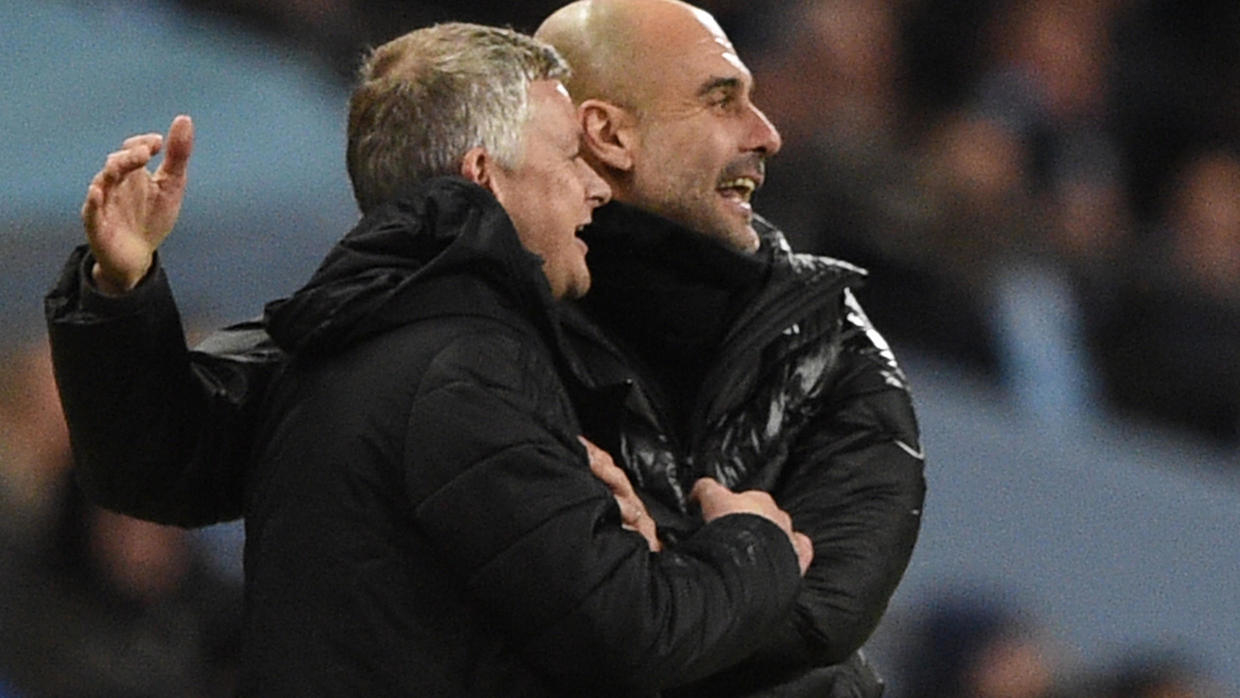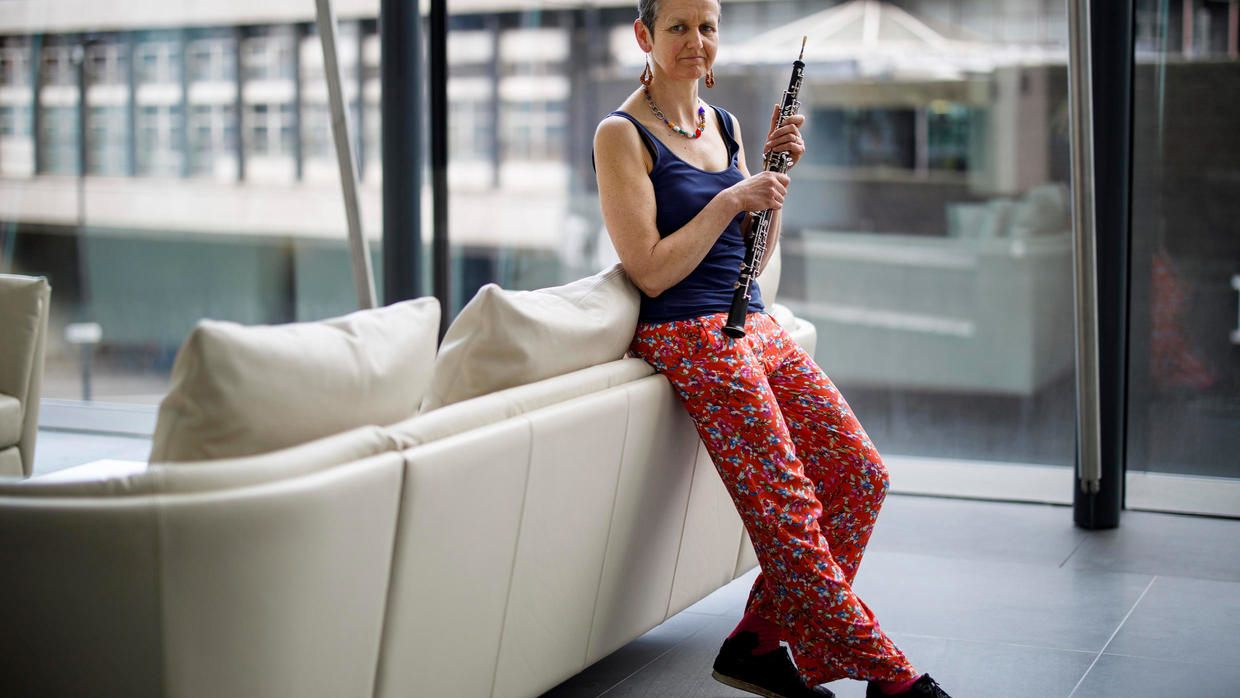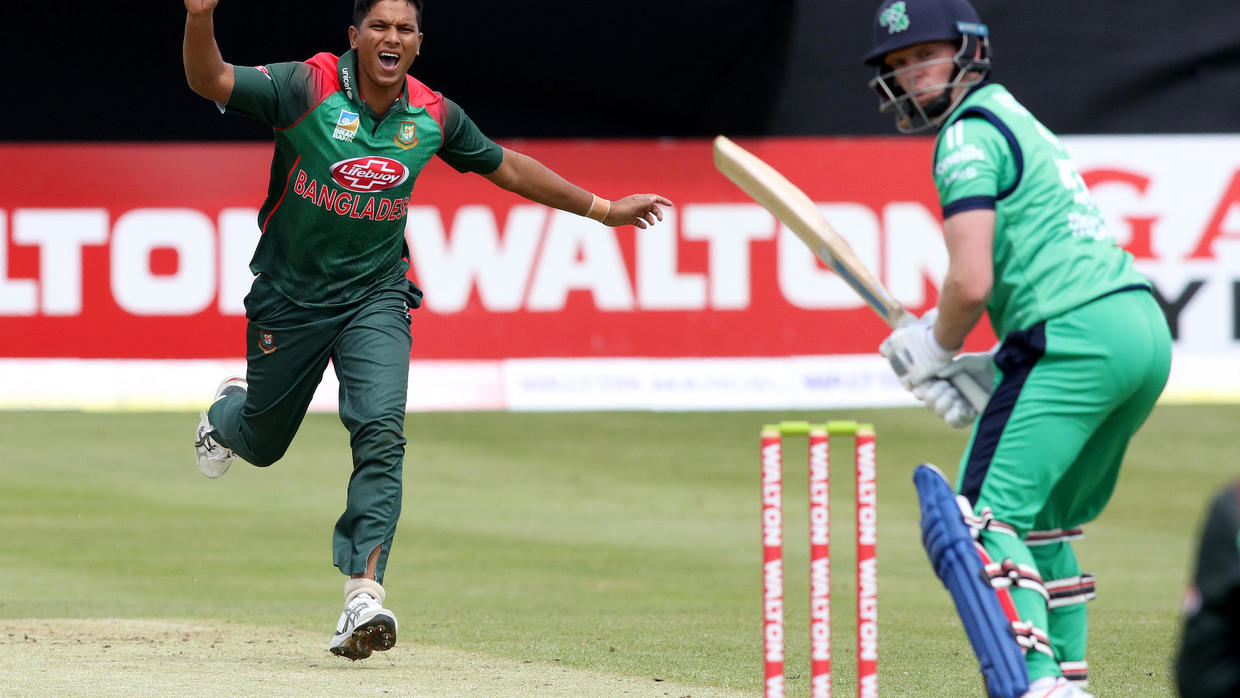
Huw Edwards, the longtime anchor of the BBC's News at Ten program, has recently found himself at the center of allegations concerning his conduct. After days of speculation and increasing
claims published by various media outlets, including colleagues at BBC News, Edwards has been identified as the presenter facing these accusations.
As the BBC's most prominent news anchor for the past two decades, Edwards has been a familiar face during significant national events in the UK. His voice has narrated royal weddings, the coronation of King Charles III, and general election results. Edwards was the one who informed millions of viewers worldwide about the passing of Queen Elizabeth II, leading ten days of live coverage and culminating in the late Queen's funeral.
In a statement on Edwards' behalf, his wife Vicky Flind confirmed his involvement in the controversy and revealed that he was currently in the hospital after experiencing a serious mental health episode. Flind stated that Edwards would respond to the published stories once he has recovered sufficiently to do so.
The allegations began with a story published by The Sun newspaper, claiming that an unidentified BBC presenter had been accused of paying a significant sum of money to a young individual, now 20 years old, in exchange for explicit photographs. The young person's mother expressed concerns about the payments, fearing they were funding her child's crack cocaine habit.
Over the following days, additional allegations emerged in reports by The Sun and BBC News. These allegations included claims of "menacing" messages to someone in their 20s, a visit to another individual during a COVID-19 lockdown, and inappropriate messages to a BBC staff member.
On Sunday, the BBC acknowledged that it had received a complaint related to The Sun's initial allegations seven weeks before the newspaper pursued the story. The BBC confirmed that it had suspended a male staff member as a result. However, a lawyer representing the young person involved denied the claims made by The Sun, stating that the story was "rubbish" and asserting that no criminal activity had taken place.
Within a ten-minute period on Wednesday, the Metropolitan Police announced that they had found no evidence of criminality during their review, while the BBC stated that their internal corporate investigation would continue. It was during this time that Huw Edwards' identity as the BBC presenter involved was confirmed in a statement issued by his wife.
The decision not to disclose Edwards' name for a considerable period was based on the legal risks associated with privacy and defamation laws in the UK. The country lacks a broad First Amendment-like protection for free speech, and privacy laws extend to individuals under investigation by law enforcement agencies, even before formal charges are filed. Additionally, UK defamation laws safeguard individuals' reputations from false claims, as demonstrated in the recent Johnny Depp case against a UK tabloid.
The BBC has faced scrutiny in recent years due to high-profile crises, such as its handling of false allegations against singer Sir Cliff Richard and its connection to prolific paedophile Jimmy Savile. These controversies, along with the BBC's public funding model in the UK, which relies on mandatory charges levied on households with televisions, have contributed to increased scrutiny and criticism of the organization and its employees.
Moving forward, Huw Edwards will address the published stories about him once he is able to do so. The BBC's corporate investigation will continue, now that criminality has been ruled out by the police. However, questions remain regarding what the BBC knew about the allegations, when they were aware of them, and how they responded. The Sun newspaper has stated its willingness to cooperate with the BBC and has no plans to publish further allegations about Edwards. The situation remains complex, and BBC boss Mr. Davie acknowledges the challenges involved. Photo by The National Churches Trust, Wikimedia commons.



